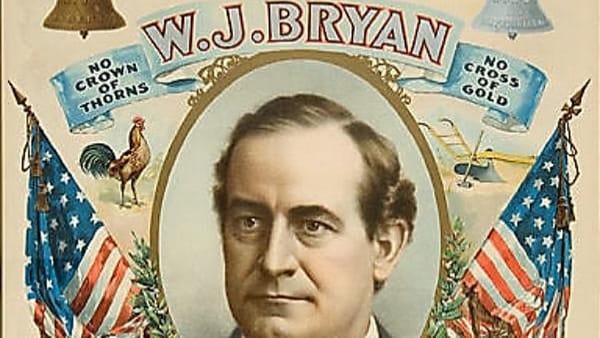UMass officials address Harambe ‘microaggression’

AMHERST — After an internal dormitory email sent by several resident assistants ordering students to refrain from making jokes about the gorilla Harambe made its way online, sparking a flood of media coverage and criticism, University of Massachusetts officials announced that the school does endorse such policies.
"As an institution that values free speech and exchange of ideas, UMass-Amherst has not taken any steps to ban jokes or references about Harambe the gorilla," university spokesman Ed Blaguszewski said in a prepared statement provided to the New Boston Post. "The email sent by two well-intentioned undergraduate student resident assistants was a cautionary attempt to advise new students on their floor that the Harambe reference could be considered offensive to the campus's Harambee community, a residential program focused on African and African-American history and culture, and that all students should be treated with respect and civility."

